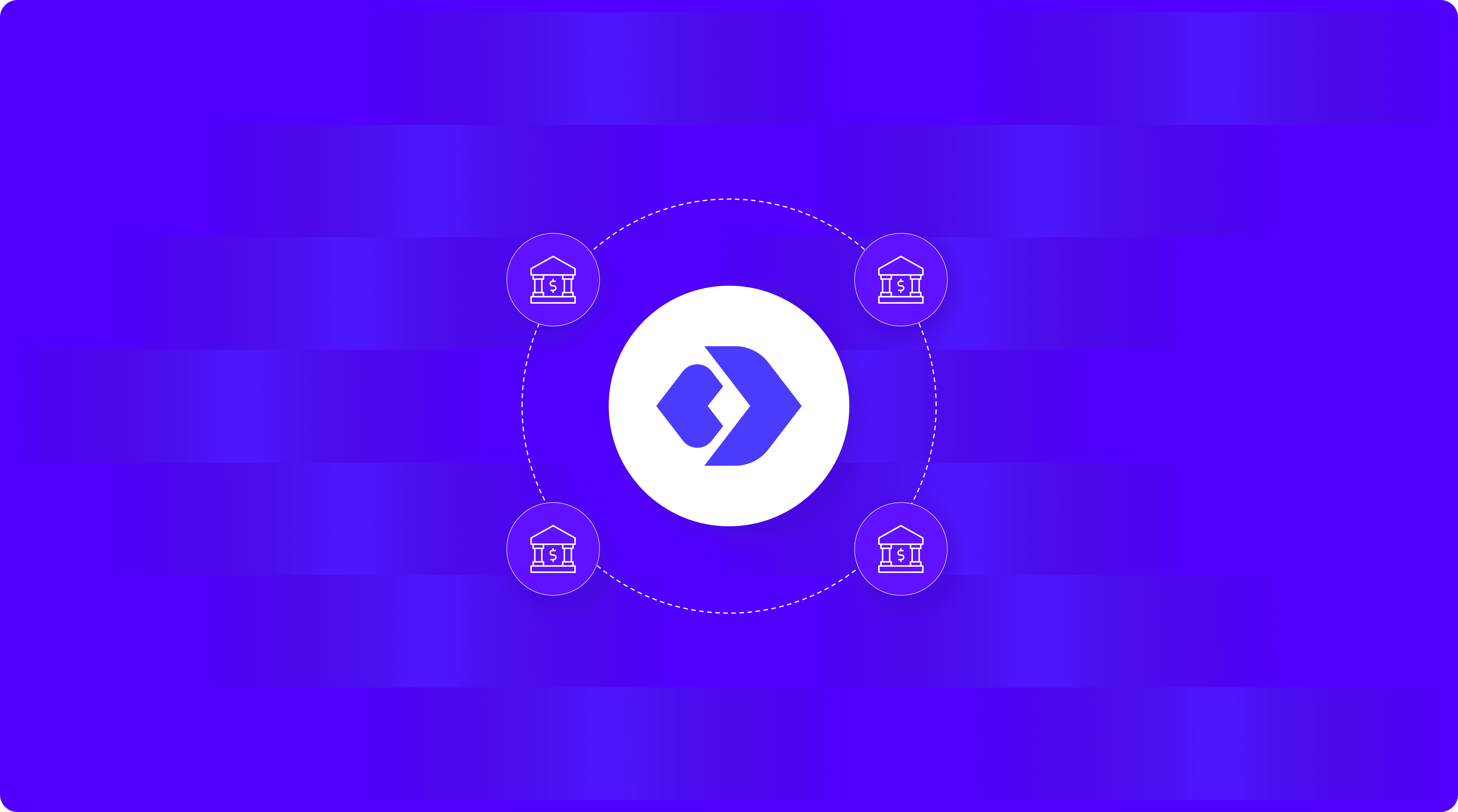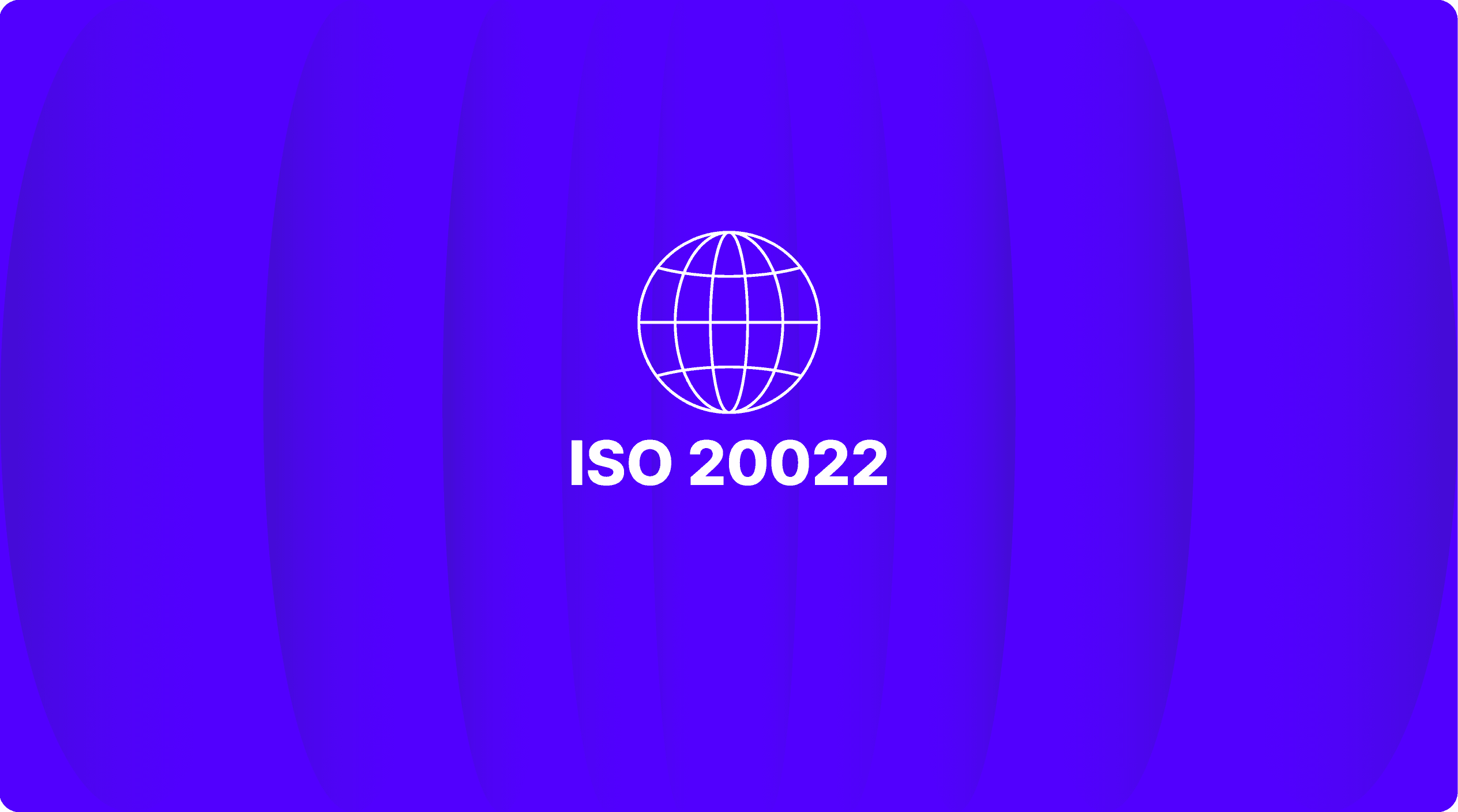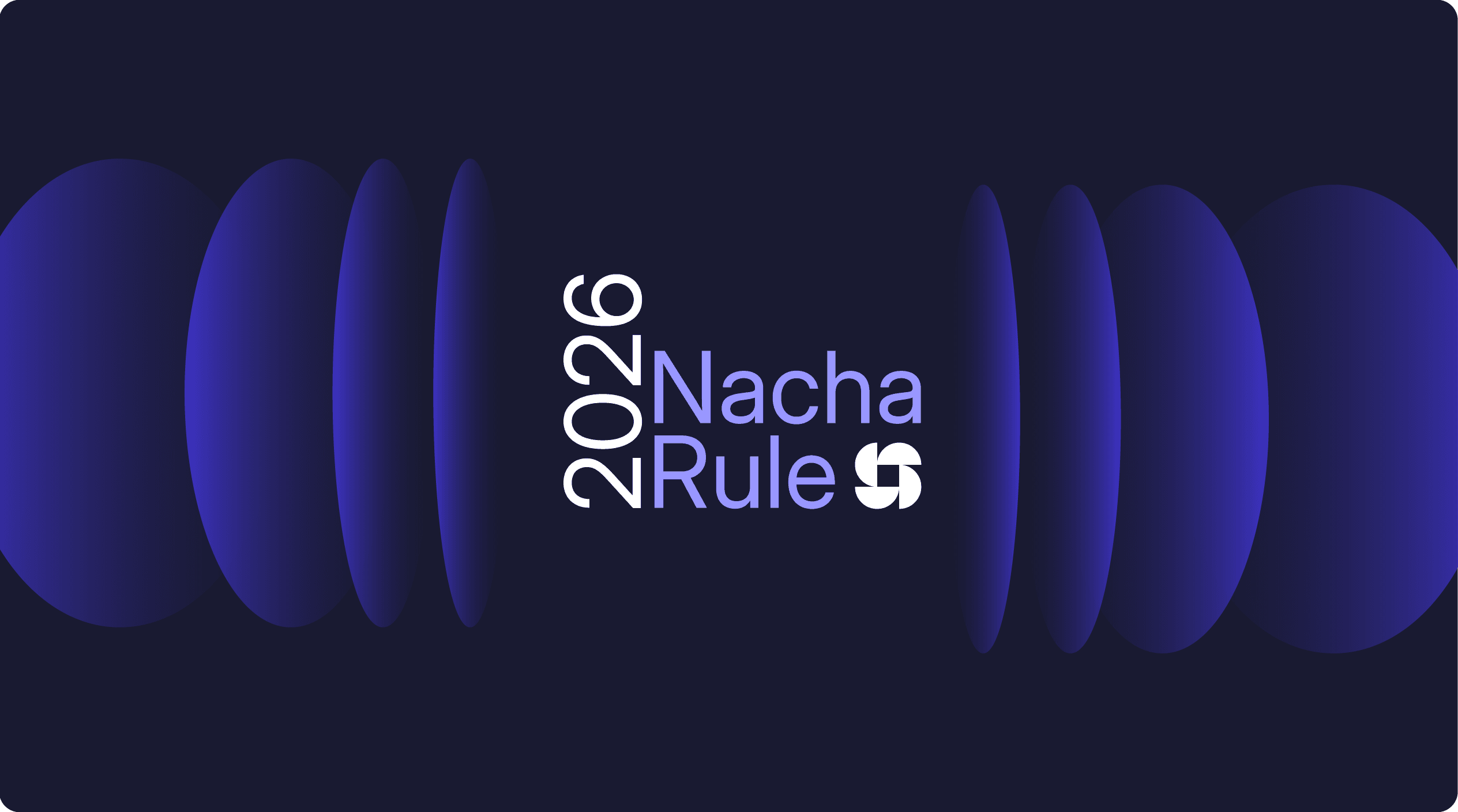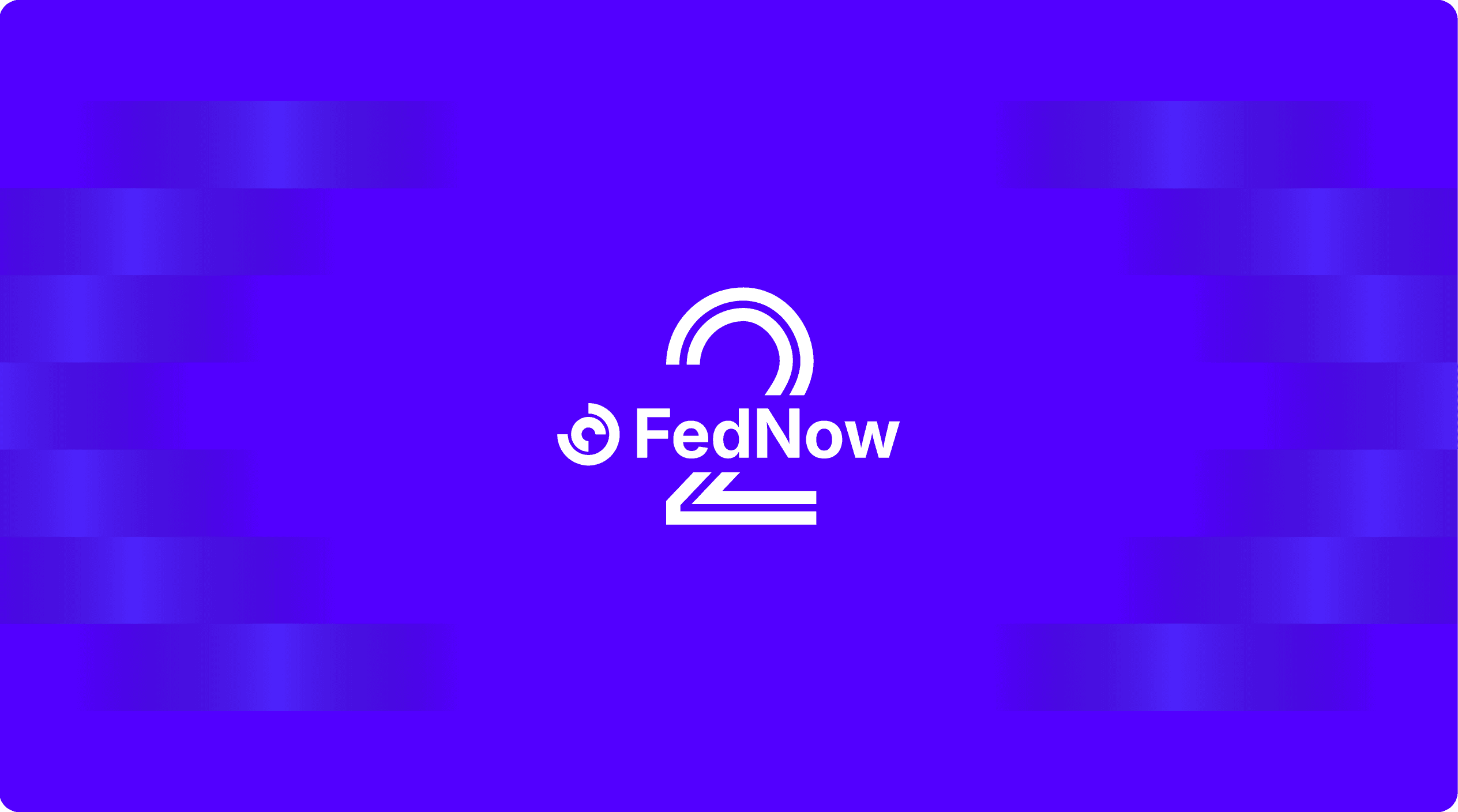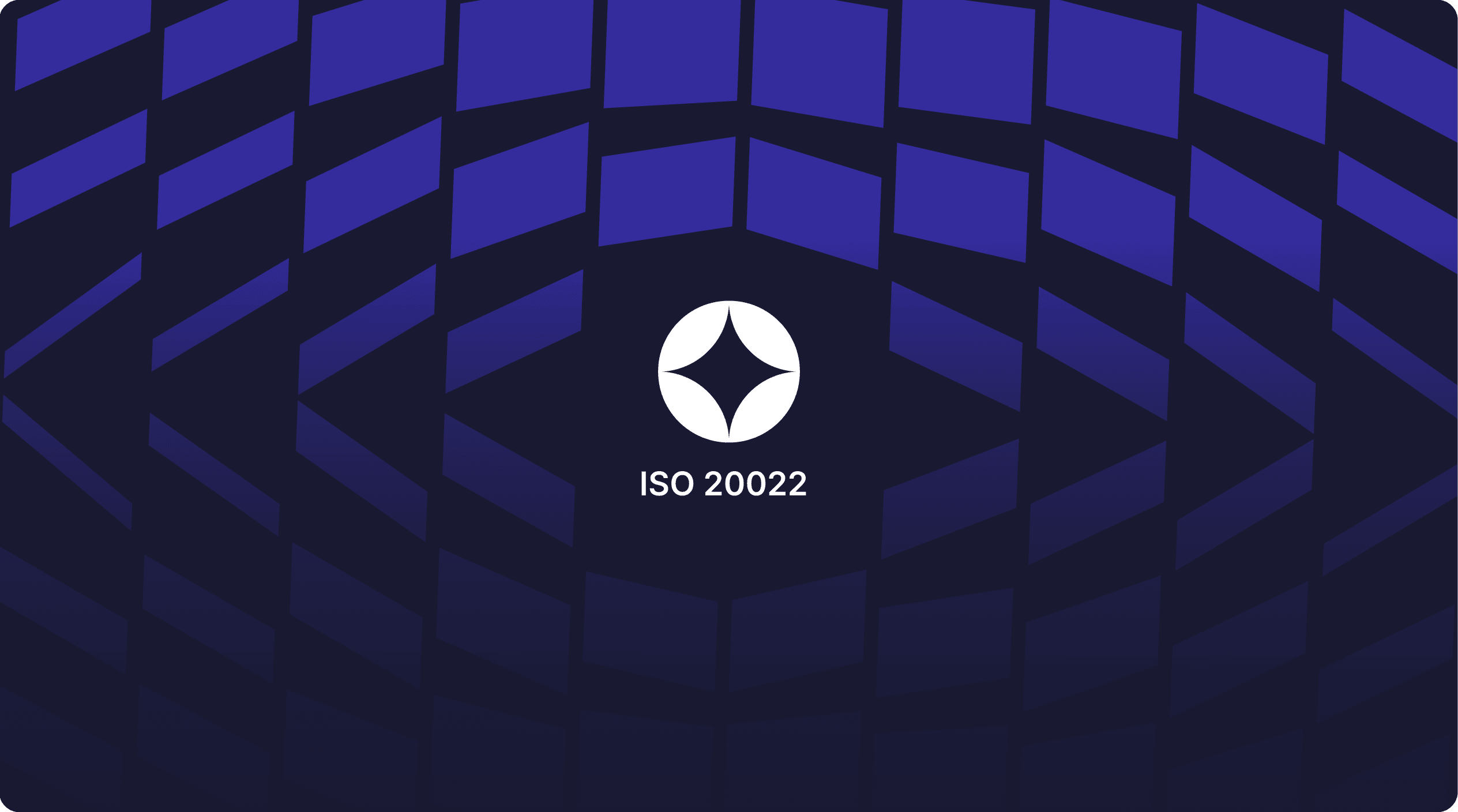Want to be a hidden challenger and accelerate fintech partnerships?
Banks, with their operational infrastructure and regulatory antecedence, are expected to form the backbone of the emerging financial world and become the power behind fintechs.
This article was originally published in Fintechfutures.
The scale and speed of fintech's growth means that banks have given up trying to outpace them and have instead begun to seek alliances. Banks, with their operational infrastructure and regulatory antecedence, are expected to form the backbone of the emerging financial world and become the power behind fintechs.
Are incumbent banks ready to seize the day?
With legacy cores that were not designed for open banking, and a shortage of APIs, fragmented solutions and convoluted architecture, traditional banks don't present themselves deftly for fintech partnerships. Fintechs are on the lookout for modern, agile, scalable, API-rich, cloud-based digital cores that can help them seamlessly onboard and help launch real-time solutions in payments, loans and deposits to their customers. Traditional banks are looking towards alternative cores that can operate in parallel with their legacy core to play the innovation game, without disruption to their core.
Through various symbiotic engagement models, banks and fintechs are helping each other by meeting the regulatory demands, while serving the next-gen customer with innovative financial services.
FBO and virtual accounts: The most common relationship between banks and fintechs
This relationship uses the custodial account that is For-Benefit-Of (FBO) the fintech's end customers. Here, the fintech opens an account on the master account at the bank For-Benefit-Of all of its customers. Based on the activity of the customer on the fintech platform, the fintech communicates with the bank through APIs. The bank does the needful to move funds to/from the FBO account based on these instructions.
While this process is straightforward for payouts, arguably, the question that arises is: How would the fintech know and post the incoming payments to thousands of customers and correctly process them? It is important for the bank to notify the fintech of the incoming payment in real-time, along with the metadata of who owns the funds. The fintech can post the incoming payment in its ledger as soon as it hits the bank.
Fintech companies can harness the banking infrastructure to launch native products that offer banking experiences. As an example, a fintech like Go Fund Me can receive funds to any of the fund raiser accounts in real-time and disburse the proceeds to the beneficiary via APIs, using the FBO accounts set up by its sponsor bank. The sponsor bank offers Payment-as-a-Service to the fintech, allowing real-time collection of funds and instant disbursement of the proceeds.
Deposit-as-a-Service: Banks becoming the fintech ledger
Banks can also offer Deposit-as-a-Service or Ledger-as-a-Service by offering account and ledger management for fintechs. This relieves the fintechs from complex accounting and ledgering of the transactions, allowing them to focus primarily on building user experiences and solving niche customer problems.
With legacy core providers charging for each account, statement, debit card et al, it becomes cost prohibitive for the bank to take this route. Banks are looking for alternative core options that enhance their ability to serve their direct customers, fintech partners and their customers.
Finzly's digital core
Finzly's digital core BankOS, runs parallel to FIs' legacy core and offers FBOs that help them to enjoy:
Quick fintech partnership in a week
Fintechs can easily connect with the Finzly's digital core, create new customers, create new accounts and process payments, all using APIs, in less than a week, helping them launch quickly.
The freedom to set up FBO accounts based on the fintech engagement model
Banks have the ability to set up their relationship with the fintech based on the business model of engagement. Virtual accounts can be created on the fly, and Finzly can become either the main ledger or the sub-ledger to another main ledger. FBO accounts can also be linked to the main ledger on the bank's existing core. This agility makes the business model cost-effective for both banks and fintechs.
A scalable and cost-effective model
The scalability offered by the digital core's cloud platform means banks don't have to worry about the explosive growth of fintechs' customer base. Banks, using FBO accounts, can contain costs to a fraction of what FIs would spend with their core provider, if customer accounts are maintained on the legacy core.
Real-time reconciliation of fintech customer accounts
The real-time nature of the ledger on the digital core helps banks and fintech customers to manage transactions, without the latency associated with CDAs maintained on the legacy core.
Real-time reporting
Sponsor banks enjoy the real-time visibility needed for reconciliation and bookkeeping. Banks can access dashboards for oversight, report on exceptions and produce a full audit trail for each of their fintech partnership accounts.
The ability to offer Payments-as-a-Service to fintechs
Finzly's digital core is already connected to all major payments rails including ACH, Swift, FedWire, RTP and FedNow(2022). Using Finzly's payment core, banks are able to offer Payments-as-a-Service to fintech clients.
The ability to offer Deposits-as-a-Service on a multi-asset, multi-currency deposit core
FIs can offer Deposits-as-a-Service by allowing fintech customers to open accounts and manage deposits using Finzly's Infinity Account. Customers can track any asset including foreign currency, crypto, reward points or anything that has a value.
The ability to offer Experience-as-a-Service
With Finzly's plugins for customer experience, banks can also offer add-ons to fintech partners. Whether it is Subscription-as-a-Service, Billing-as-a-Service, Giftcard-as-a-Service, or Fundraising-as-a-Service, the possibilities of offering a great customer experience is endless.
Freedom to innovate
Banks need flexibility to launch new and modern services from any providers or build their own products. Finzly's APIs and SDKs allow the bank to do exactly that. Beyond doubt, banks can innovate without any limitation of the core, by running Finzly's digital core parallel to its legacy core. Freedom is not an option but is a must for innovation!
Fintech partnerships: Endless possibilities on Finzly's digital core
Finzly's customer Lead Bank is confidently catering to the complex payment needs of various fintech partners, thanks to Finzly's digital core, BankOS, that runs parallel to Lead Bank's legacy core.
Coastal Community Bank is equipped to offer straight-through processing of wire payments to its fintech partners through Finzly's payment hub.
By managing the fintech relationship using FBO accounts, the banks will also ensure tri-party compliance, in addition to using the reporting features to oversee the transaction reports of their fintech partners.
Whether it is real-time fund management for corporates or the enablement of fintech partnerships, FBOs are a trump card for banks if used with the right regulatory considerations. Finzly's digital core is a market-ready FBO banking application that banks can leverage with minimal changes required to their existing core systems.
FIND OUT MORE ABOUT FINZLY'S DIGITAL CORE
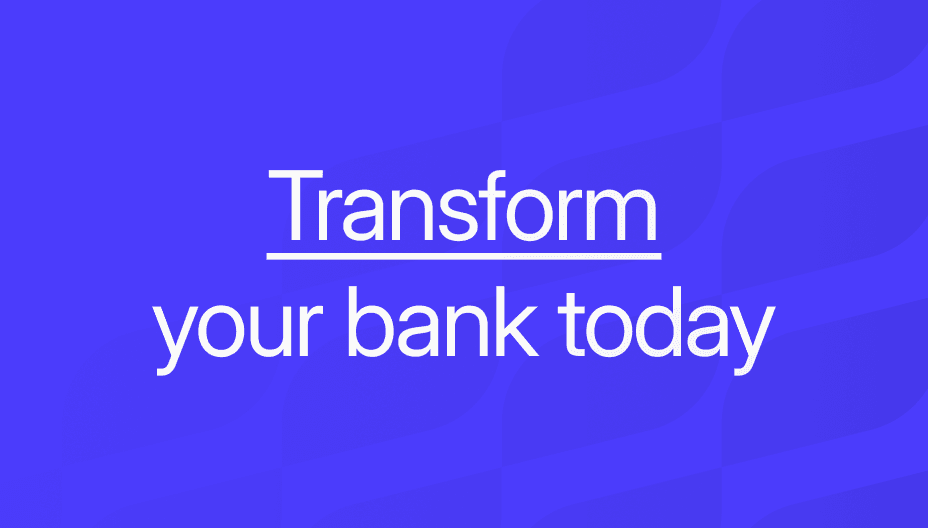
Get the monthly newsletter
Get the Finzly edge through our insights
